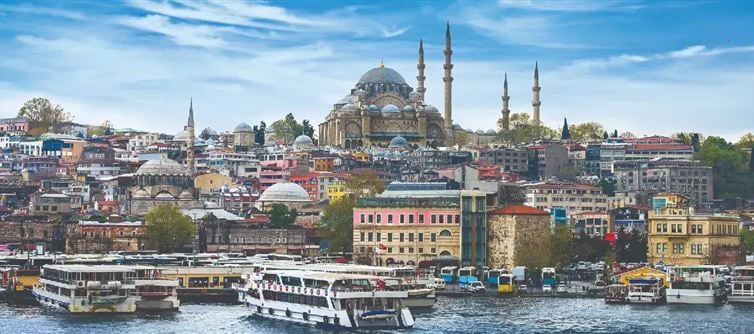
While indian tourists account for only about 1% of Turkey’s international visitors, their economic impact is disproportionately large. indian tourists often spend more per capita, travel in family groups, and engage in luxury tourism experiences—from weddings to guided tours—which significantly contribute to local economies. A 60% drop in bookings could translate into losses of up to £300 million for Turkey’s tourism sector, a blow made heavier by the industry's already vulnerable recovery following the COVID-19 pandemic. The ripple effects may also be felt in hospitality, retail, and transport sectors that benefit from indian travel spending.
This episode underscores how diplomatic statements and alignments in international conflicts can have direct economic consequences, even in sectors like tourism that typically transcend politics. For turkey, it highlights the risks of alienating economically valuable partners through foreign policy positioning. For india, it reflects the rising influence of consumer nationalism, where individuals increasingly use economic choices—like travel and purchasing power—as expressions of political identity. The broader takeaway is that in a globally interconnected world, soft power diplomacy and public perception matter significantly—not only in political circles but also in market dynamics and international commerce.




 click and follow Indiaherald WhatsApp channel
click and follow Indiaherald WhatsApp channel